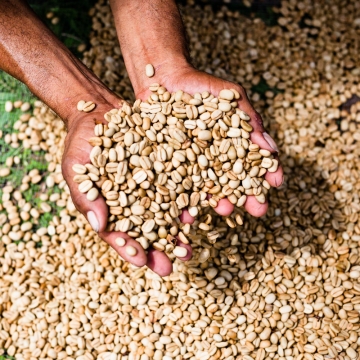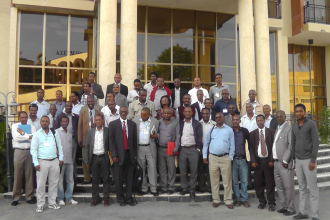EEPFE’s Center Director contributes on the Fourth Conference on Climate Change and Development in Africa (CCDA-IV)
EEPFE’s Center Director and Senior Research Fellow, Alemu Mekonnen was invited to the Fourth Conference on Climate Change and Development in Africa (CCDA-IV), held in Marrakech, Morocco from 8th to…


